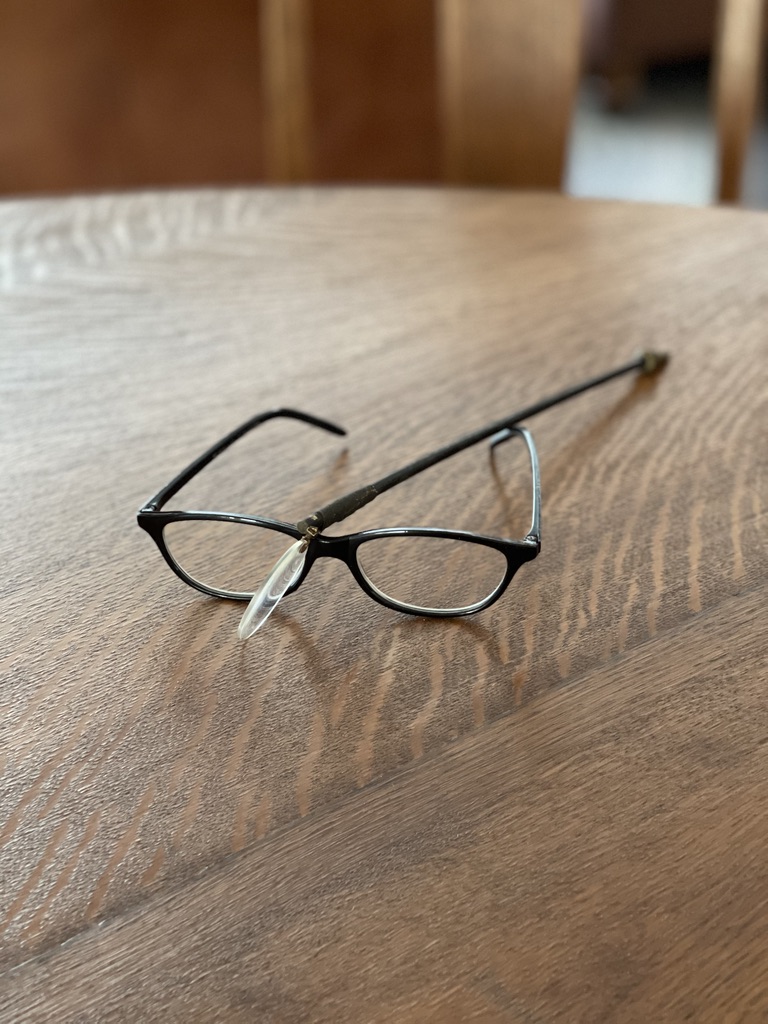Nobody is impressed by obvious hypocrisy. In Matthew 6, Christ condemned hypocritical actions of the Pharisees which were outward shows of righteousness with self-centered motivations: public announcements of personal gifts to the needy, grand public prayers, purposeful public gloominess so that all would know they were fasting, accumulation of wealth so that others would think God was blessing their goodness.
Matthew 7 continues with condemnation of hypocrisy, and verses 3-5 read, “’Why do you see the speck that is in your brother’s eye, but do not notice the log that is in your own eye? Or how can you say to your brother, “Let me take the speck out of your eye,” when there is the log in your own eye? You hypocrite, first take the log out of your own eye, and then you will see clearly to take the speck out of your brother’s eye.’”
Between these 2 passages is verse 1 of chapter 7, often incorrectly used to defend whatever we feel like doing: “’Judge not, that you be not judged.’” In context, we recognize that Jesus is continuing to warn of hypocrisy and is promoting honest humility, not some kind of judgment-free culture. 2000 years later, we turn up our noses at the Pharisees; but are we sometimes guilty of the same hypocrisy, eager to communicate our good deeds and point out the mistakes of others while ignoring our own sin? Matthew 7:1-5 is not a contradiction of other passages nor a condemnation of trying to help a Christian brother recognize and deal with his sin. The caution in Matthew 7 is that our perception of others’ sins will not be accurate until we’ve first dealt with our own. We regularly need to take a hard look at ourselves and consider whether a log in our eye could be affecting our view of others.
The sin of Christians and the response to that sin by other Christians are the source of much drama and conflict in relationships. We may find ourselves in a position of having to talk to a fellow-Christian someday about her sin; however, we need to take a good look at ourselves first. If we’re ignoring sin in our own life, we’re not qualified to have trustworthy judgment of others. What is our motivation? Is jealousy coloring our perspective? Perhaps we are bitter with a circumstance in our life; we’re not supposed to blame God, so we subconsciously transfer that blame to someone else. Are we trying to downplay sin in our own life by drawing attention to a perceived sin in someone else’s life? All of these hinder our relationships with and perspective of other believers. Until we see ourselves honestly and deal with our own sin, we cannot have a clear view of others. But the humble Christian who sees himself honestly is exactly the kind of person who can help another.
The Word of God presents other areas to consider which involve additional efforts to make certain our view of the situation is accurate before confronting a Christian brother. Proverbs 18:13 warns, “If one gives an answer before he hears, it is his folly and shame.” We would all admit to being guilty at some time of hearing one side of a story and jumping to a conclusion without all the facts. We have a tendency to believe the first account we hear or the account that fits with our preconceived ideas and forget that private agendas or bitterness or jealousy in the heart of the person telling the story may result in lying, bending of the truth, unfair attacks. Proverbs 13:16 cautions, “In everything the prudent acts with knowledge.” The whole truth matters.
Sometimes an incorrect conclusion is reached because of an incomplete understanding or deliberate misinterpretation of the Scriptures. Jesus addresses this in John 7:22-24 when he defends his healing of the paralyzed man described in John 5. The ultimate goal of the Pharisees was to discredit Jesus, and in an attempt to do so they used a superficial understanding of the Scripture. After explaining the faultiness of their reasoning, he said, “’Do not judge by appearances, but judge with right judgment’”(John 7:24). Careful interpretation of Scripture is vital.
Sometimes the wrong conclusion is reached not because of lying or maliciousness but because humans are human. That wrong conclusion can still have disastrous consequences, however. In Joshua 22, we read that Israel was ready to wage war against the tribes of Reuben and Gad and the half-tribe of Manasseh based on the misinterpretation of an action and its motive. Thankfully they sent ambassadors to scold before beginning the battle, and the people of Reuben and Gad and the half-tribe of Manasseh could explain. It’s a good idea to ask questions before assuming.
The situations discussed above provide cautions we must remember in this difficult and messy thing called life, but they should not cause us to despair of determining truth and acting on it. Search for truth. Pray for wisdom to recognize it and respond correctly.
—reflection 3 in a series

